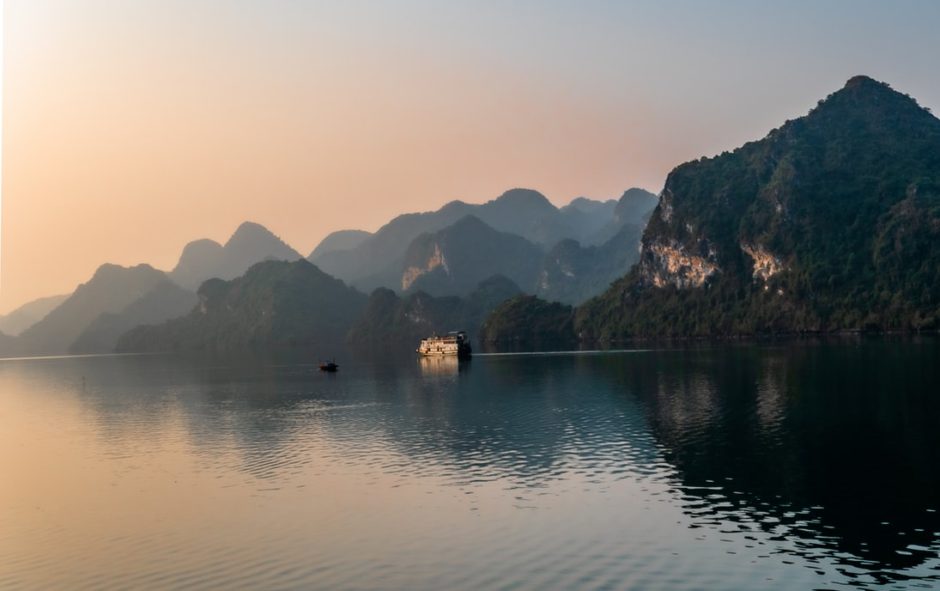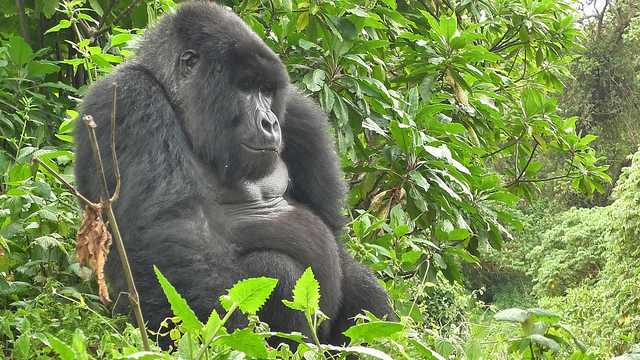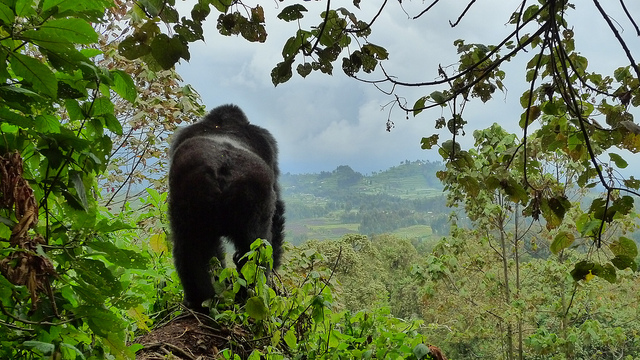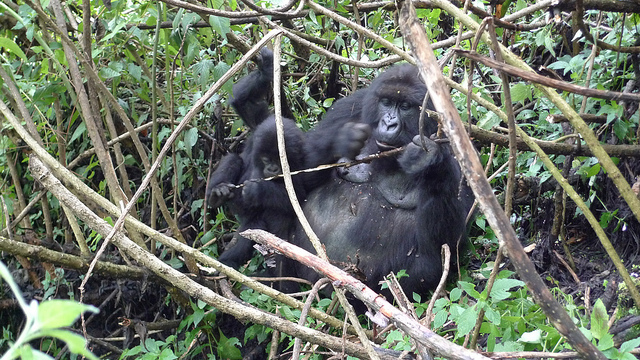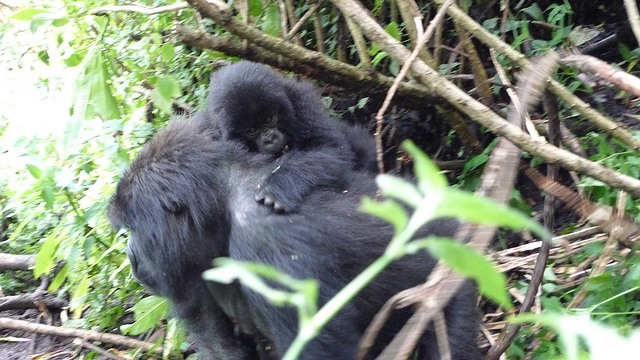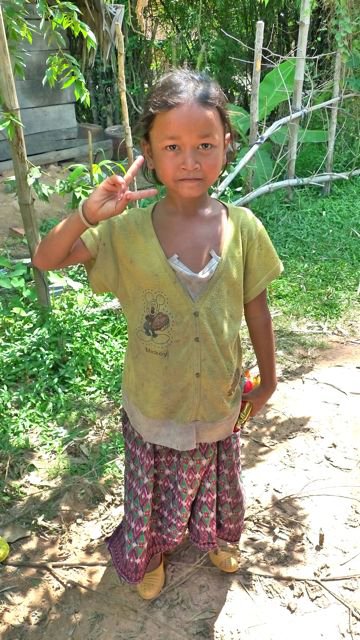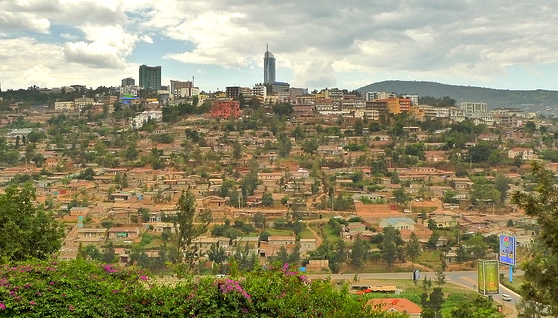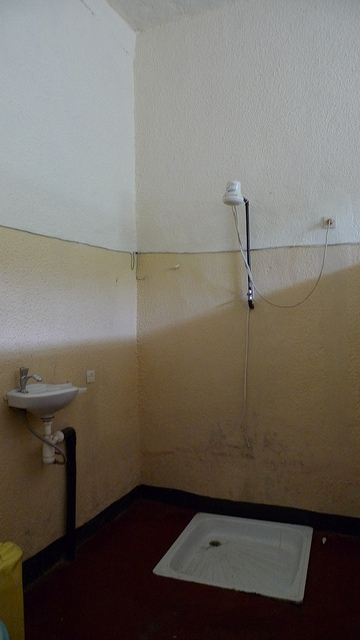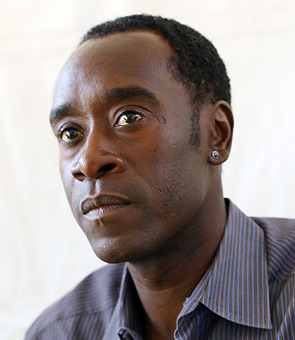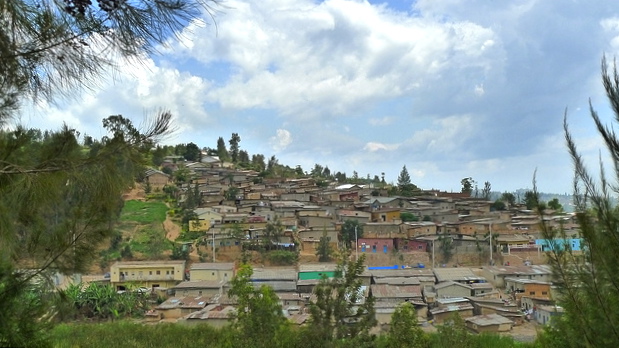First: Make a list of things to do before you die. Realize that you are always inching toward death and still haven’t done a single thing on that list. This is the same thing your mom did; she put things off until it was too late.
Decide to do something about it.
Quit your job. Leave home. Book some flights.
Tell yourself, “If I make it to Ha Long Bay, this trip will be a success.”
Go to Peru. Go to Bolivia. Go to Argentina. Check some things off the list.
Meet a couple of Americans and drive around South Africa with them. Live in a village. Learn to carry buckets of water on your head. Go to Uganda. Ride across the country in a minibus with 24 people and a pregnant goat. Find work as a country-western DJ for the local radio station. Learn to harvest rice.
Go to Rwanda. Spend your days teaching English to genocide survivors. Cry. Teach them to play bingo. Laugh.
Fly to Egypt and immerse yourself in ruins. Find out your grandmother died. Find out your mom is dying, really dying. Fall down a tunnel of darkness. Hole up in a yoga camp on the Red Sea.
Go to your mother’s funeral. Wrap yourself in grief. Return to Egypt on the day a revolution begins. Feel yourself unraveling.
Take a boat to Jordan. Leave when protests begin. Go to Bahrain. Leave when protests begin. Get the nagging feeling that you are creating a trail of destruction around the world.
Go to Ethiopia, an extraordinary country, and plod your way through it. Feel like you’re something less than human.
Go to India, where something in your soul clicks. Love it. Embrace it. Drink in every hot day, every fragrant spice, every bit of eye-popping color. Move into an ashram. Pray.
Go to Thailand. Work with elephants. Meet a friend from home in Bangkok. Travel with her to Cambodia. Stay with more friends. Say goodbye.
Take a bus to Vietnam. Battle Saigon’s scooter-clogged streets and get a feel for the city. Slurp down bowls of noodles. Take a bus north. When the bus breaks down for 12 hours, sleep at a bus station. When the bus works again, it’s the hottest part of the day and the air-conditioning is now broken. Sweat. Make an unplanned stop in a beach town just because you desperately need a shower.
Take more buses. Take a train. Sleep in a dirty train car on soiled sheets. Arrive in Hanoi. Ride on the back of a motorcycle with a man even sweatier than you.
Schedule a boat tour. Pack up. Get picked up at 7 a.m.
Go to Ha Long Bay.
Wake up on a boat in a bay where everything is still. Everything is perfect.
Write that story.
Go to grad school to really dig into it.
Write that story again and again, edit it, excavate it. Work on it in scraps of time between your day job, when you stay up late, when you rise at 4 a.m. to have 20 quiet minutes before the baby wakes.
Sell it.
Have the perfect editor push you where you need it. He makes you laugh, he makes you cry, but most importantly, he makes you better. He reminds you to slow down where it hurts.
And then one day, poof. You have a book.
Your story, between two covers.
It comes out tomorrow.
Enjoy.

